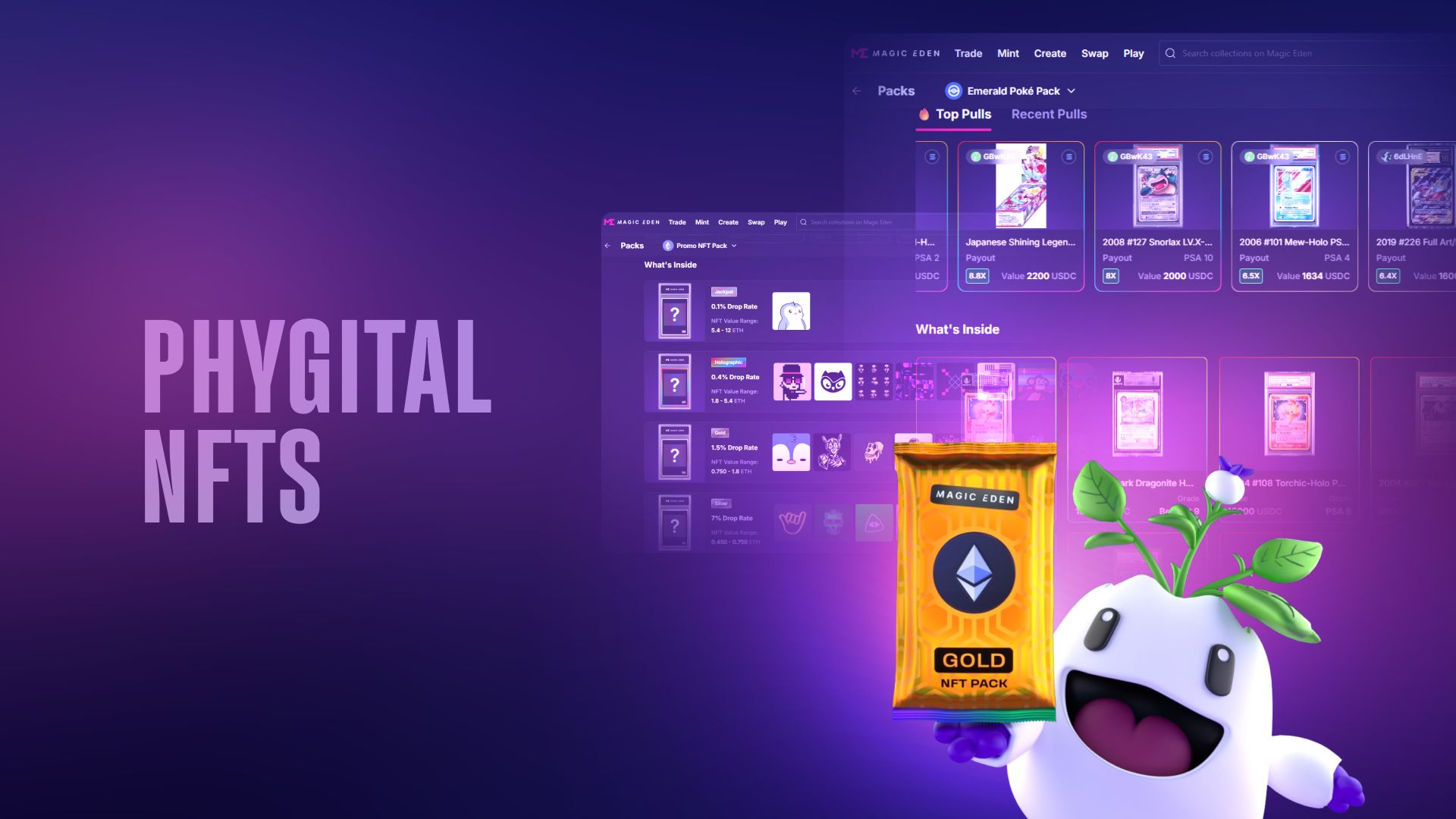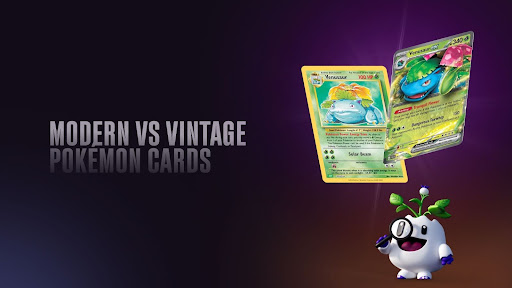
Gaming remains one of the most vibrant sectors for NFTs. Thanks to their ability to prove digital ownership for in-game items, NFTs are establishing themselves in the online gaming sector while also creating new modes of play, such as Play-to-Earn (P2E), tailored to the Web3 audience.
This guide goes all in on NFT gaming. It covers what NFTs are in games and why they matter, how the Play-to-Earn model functions, which games are worth checking out, how to get started and how to handle in-game assets safely.

NFT games feature items, such as characters, skins and weapons, as NFTs. The key difference from traditional games is ownership. In blockchain games, the player owns their in-game assets, not the game itself.
NFT gaming is typically built around a Play-to-Earn model. Players earn in-game currency for actions like winning, completing tasks or leveling up characters. These rewards can be withdrawn, traded, or used within the game's ecosystem.
Games use NFTs in different ways. For example, in Gods Unchained, cards are ERC-721 tokens traded on Immutable X, while in Illuvium, players collect Illuvials, which become NFTs and carry over between games.
The best part about P2E games is that you don’t need to understand blockchain technology to start playing. All you need is a crypto wallet. Some games let you begin without one. You can connect it later to sell items or claim rewards.
n gaming, NFTs serve as in-game items, such as characters, weapons, cards, skins, pets, or in-game currency. Players use them for trading, renting and customization.
In Illuvium, for example, players can customize the appearance of creatures caught in the Overworld and use them in the Arena.
Some projects let the same NFT function across multiple games. This cross-game compatibility, as seen with Illuvials in Illuvium, lowers the entry barrier and adds value to each asset.
Read More: Token Swaps: How to Swap Crypto Tokens with Magic Eden
All in-game NFTs are stored in wallets and traded through marketplaces. Magic Eden is one of the most popular platforms where players can list, sell and buy in-game NFTs. An NFT can boost a hero, level up your squad or unlock new abilities. Its value comes from what it does, not how it looks.

Play-to-Earn is a novel gaming model where players earn rewards for their in-game activity. These rewards can be NFTs or tokens that can be sold or traded for other cryptocurrencies.
Income comes from quests, battles, character upgrades and other actions.
The economy of a P2E game runs on tokens. Projects issue a limited supply of in-game currency and distribute it among players, developers, investors and stakers. Tokens can be used in the game or sold on an exchange.

There’s a long list of P2E games that allow you to earn tokens and/or NFTs for your gaming prowess. Here’s a list of three of the most prolific NFT games:
Axie Infinity sparked massive interest in P2E in 2021 when it first launched. The game lets players buy NFT pets called Axies, train them, battle with them and earn the in-game token SLP.
Rewards from wins and activities can be exchanged for cryptocurrency.

To play, you need to buy three Axies. After that, you can:
The game also uses the AXS token for voting and staking.
Axie Infinity remains a respected project in NFT gaming because it pioneered P2E mechanics.
Gods Unchained is a tactical card game where all trading cards are NFTs. Players build decks, battle and earn the $GODS token. It can be used for in-game actions, crafting new NFT cards and voting on project development.

Gods Unchained is free to play. The base deck is available from the start, and ownership and trading are optional. Players don't need to connect a wallet until they choose to buy or sell cards. This lowers the entry barrier and makes the game more accessible.
All assets are stored on Immutable X, a Layer 2 blockchain built on Ethereum. It enables commission-free trading and faster transactions.
The game features a reward system. You:
Gods Unchained is one of the most stable projects among NFT gaming platforms. It combines classic gameplay with a clear Web3 structure.
Illuvium is the first AAA game in Web3. The project includes several titles: Overworld is an adventure RPG, Arena is an auto battler and Zero is a city-building simulator. They all share a common economy, interface, and NFTs.

Players explore the open world, collect creatures called Illuvials and use them in battles. Once captured, each Illuvial becomes an NFT that can be:
Game assets can be used beyond a single title. This lets players keep their progress and value when switching between an RPG, auto battler, or city builder.
The economy runs on the $ILV token. It can be earned through activity, staked for rewards, or used in project governance through a DAO. Illuvium runs on Immutable X. You can start playing without a wallet, but you’ll need one to own assets or trade.
The project became a symbol of the new wave of NFT gaming companies. Its developers focused on AAA gameplay, a flexible economy and real value for player engagement.
NFT gaming is changing the rules. Players gain control over assets and can earn money for playing their favorite games. However, the model also brings risks, from unstable economies to technical barriers. Below are the main pros and cons.
Magic Eden is an NFT aggregator and marketplace where you can buy, sell and mint all kinds of NFTs, including in-game assets. You’ll find NFTs of dozens of P2E projects, including card games, RPGs and autobattlers.
The platform’s interface is beginner-friendly. To buy, just connect your wallet and choose an in-game asset you’d like to purchase.
Connect your wallet to Magic Eden to explore a vast universe of NFT gaming assets.
P2E is an online gaming model where players earn tokens or NFTs for in-game actions such as quests, battles and leveling up. Rewards can be used in the game or sold on the market because all in-game assets are either fungible or non-fungible tokens running on blockchains, making them transferable and tradable.
Most NFT games will require an initial investment (typically in the form of paying for in-game items) to get started. However, there are also free-to-play NFT games like Gods Unchained that don’t require you to pay for anything upfront. As blockchain games are evolving to become more gamer-friendly and less focused on tokenomics, more free-to-play games could emerge in the blockchain gaming market.
The information provided on this website is provided for general educational purposes only and is in no way financial or investment advice. Certain information may have also been provided to us or prepared by third parties; these materials are provided for convenience and are not an endorsement by Magic Eden. Magic Eden is not liable for any errors, changes or amendments to such information, including any actions taken in reliance on such information.


